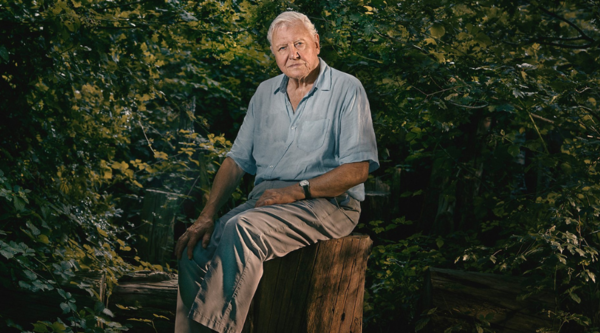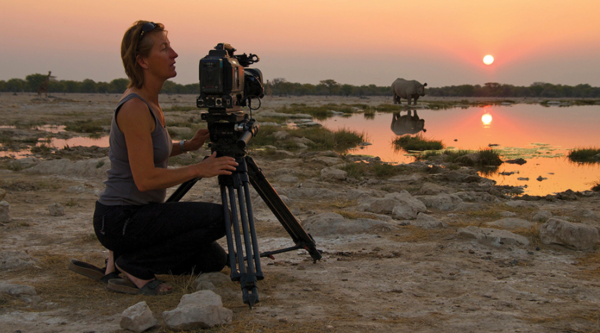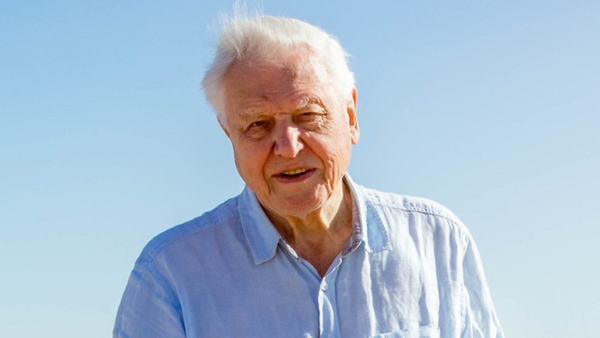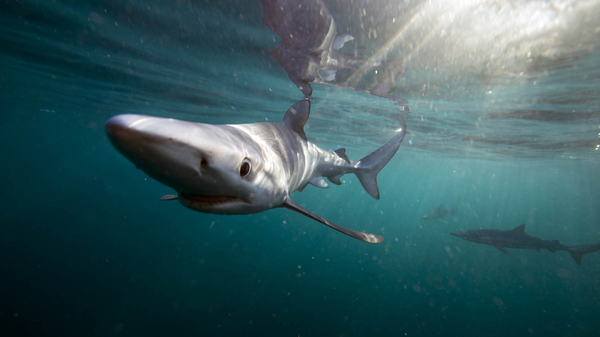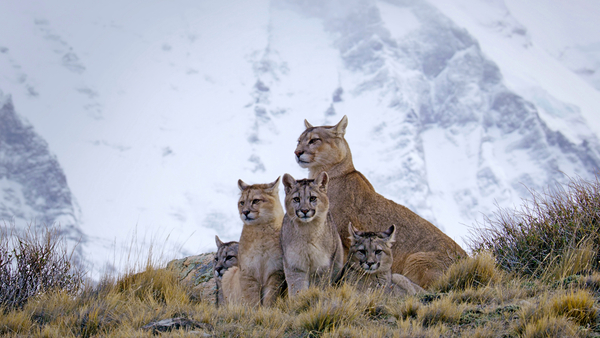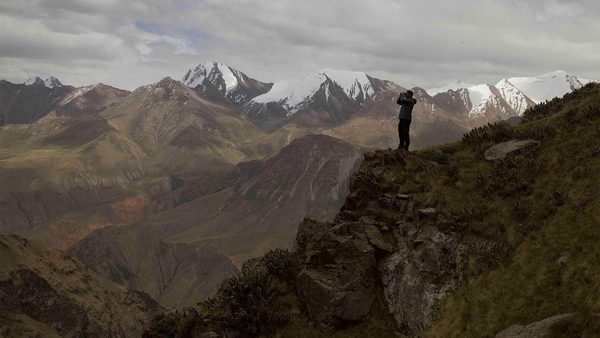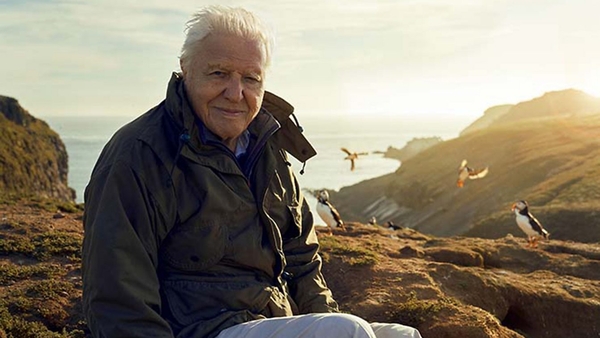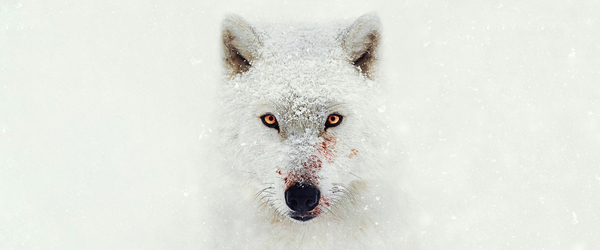Episode details revealed for new David Attenborough wildlife series Asia
Filmed over a stretch of nearly four years, the programme features footage from Nepal, Tibet, Sri Lanka, Borneo, Thailand and Siberia.
The first episode – entitled “Beneath The Waves” – takes viewers on a journey around Asia’s oceans. “Above The Clouds” will showcase elephants living in high-altitude tea plantations and red panda hiding in the Himalaya, among others. Polar bears, Himalayan wolves and sea eagles all fight for survival in “The Frozen North”, before viewers enter the jungle in the fourth episode, “Tangled Worlds”.

